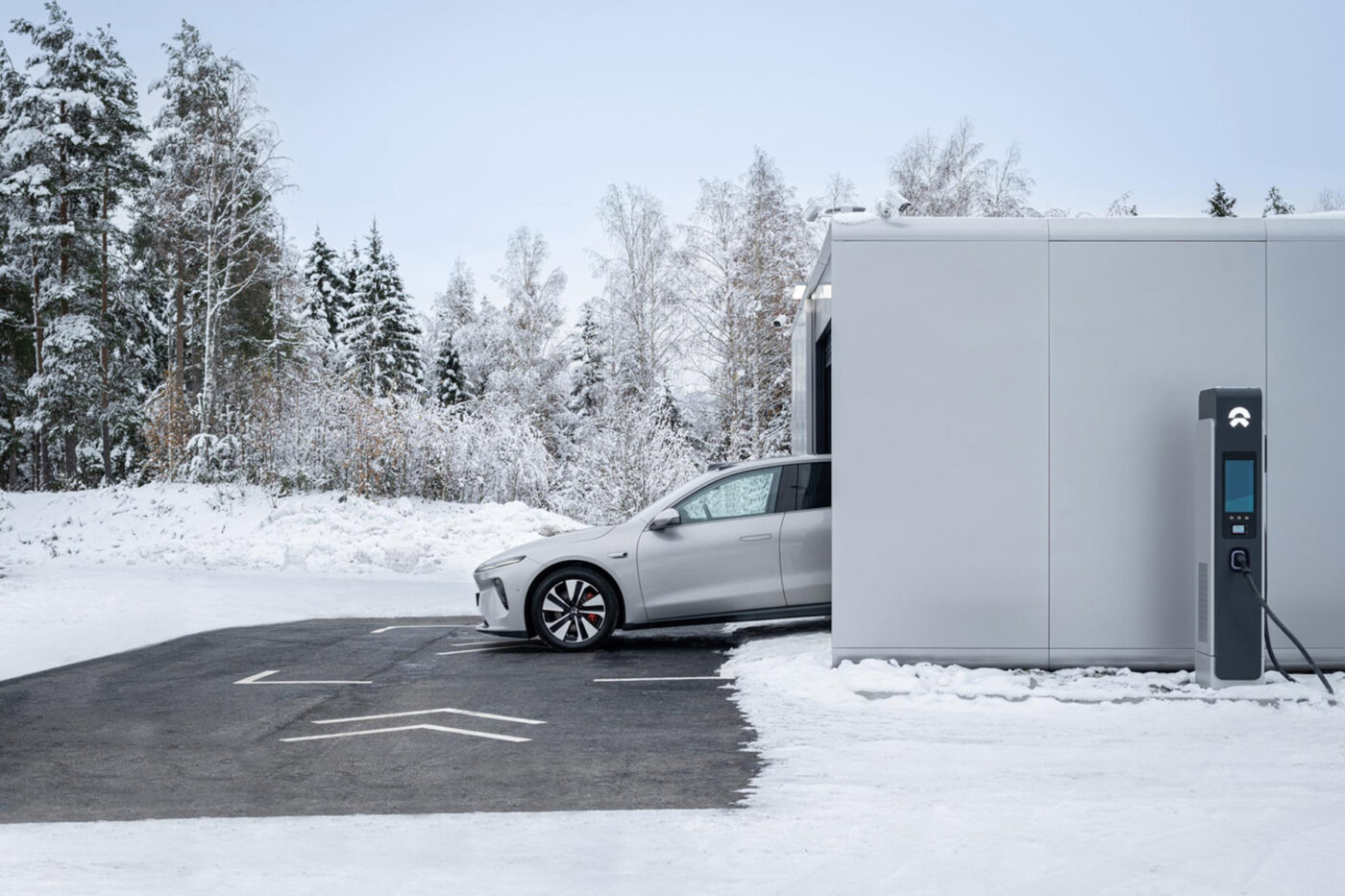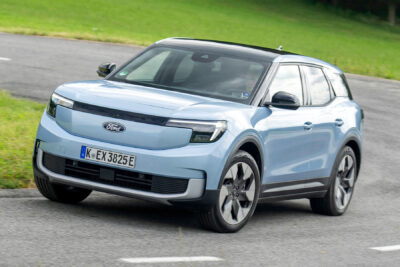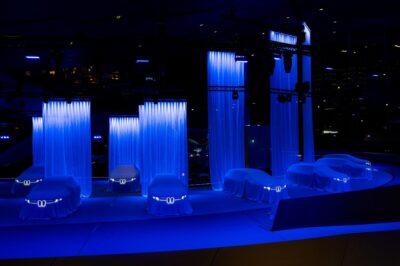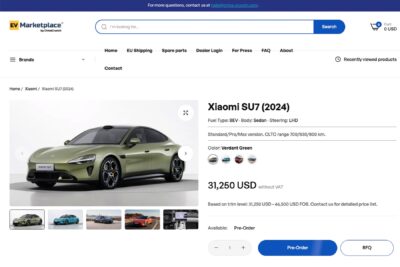German DIN working with Nio on German battery swapping standards
Although Nio is the only player to have commercialized battery swapping in the electric car market in Germany, European firms already use battery swapping systems for lighter electric vehicles. Battery swapping is most rapidly gaining traction for light electric vehicles throughout India and Southeast Asia, and it is more ubiquitous in China.
The standard, now marked as the DIN EN IEC 62840 series of standards, ensures the reliability, interoperability and safety of battery swap technology on the German market for electric cars. The core objective of the committee’s collaboration was to incorporate the international industry standard series IEC 62840 into the German body of standards.
“As a pioneer in electromobility, we see it as our responsibility not only to develop innovative technologies but also to play an active role in shaping industry-wide standards,” said Kajsa Ivansson Sognefur, Head of Power Europe at Nio. The company sees the establishment of the DIN standard for battery swapping systems as a decisive step towards making electromobility faster, more flexible and more sustainable. “We are proud to work within the DKE and with other stakeholders to create a future-proof infrastructure that meets the needs of users and drives the development of the industry,” she continued.
So far, permanently installed batteries still dominate in electric cars. However, Nio refers to a representative Ipsos survey commissioned by TÜV, according to which a clear majority of respondents see advantages in the alternative concept of exchangeable batteries: “63 per cent of Germans consider these to be better or much better suited than permanently installed batteries to save time when charging and extend battery life.”
Indeed, battery swapping systems have numerous advantages in terms of sustainability, saving resources and energy throughout the vehicles’ lives across primary, secondary and tertiary markets before recycling. Batteries are more easily upgraded, reused and recycled without the whole vehicle being remanufactured. Battery swapping and charging infrastructure is not mutually exclusive. Cars with swappable batteries may still charge the batteries in the same way as permanently installed batteries.
The biggest obstacle to the development and establishment of interchangeable models is uniform norms and standards, according to the German international testing association, TÜV.
Nio points out that a big hurdle has been a lack of manufacturer-independent standardized battery swapping systems. A uniform technology would significantly reduce the costs of setting up a nationwide infrastructure.
This means there are now fewer hurdles to German automakers producing vehicles with battery swapping systems and to German firms manufacturing battery swapping systems that cater to cars from different automakers. Internationally, this will, theoretically, eventually allow German automakers to keep battery materials within regional recycling loops in an era of increased trade conflict over battery resources.
According to Nio, the above-mentioned series of standards (DIN EN IEC 62840-2) contains general requirements for exchange systems and stations. This forms the basis for the development of proprietary battery exchange systems across manufacturer boundaries by creating a common denominator. “This includes the exchange, storage, charging and cooling as well as the testing, maintenance and safety management of battery packs,” Nio explains. The standard also defines the requirements for communication.
The standard now exists for Germany. The process thus far saw the latest version of the international DIN standard for electric vehicle battery swap systems published as a draft standard by the VDE in November 2024. The mandatory objection period expired in mid-January 2025. Now, following the objection consultation in the national committee, the standard will be published as a German standard.
Nio hopes that standardization will provide further impetus for its technological approach. The company already has over 3,000 battery exchange stations in China and 59 in Europe, 19 of which are in Germany.
nio.com, vde-verlag.de (in German)





0 Comments